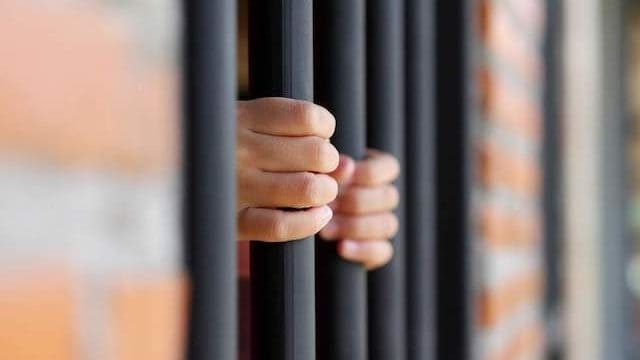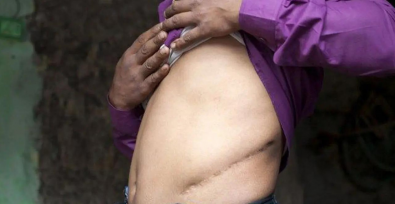Prison labor is a silent but significant contributor to the American economy. It encompasses various industries, from woodworking to vehicle remanufacturing, all sustained by an often unnoticed, underpaid, and overworked workforce of incarcerated individuals.
A closer look at UNICOR
Throughout his 13 years of incarceration, Aaron Kinzer, like many others, held prison jobs, initially without viewing it as useful to pass the time. Then, he got a job with UNICOR.
Kinzer shares,
Federal Prison Industries, now known by its trade name UNICOR, was created in 1934 to provide incarcerated people with job readiness skills. The government-owned corporation now spans seven different business segments and employs more than 17,000 people. Under the guise of reducing recidivism and providing training, UNICOR extracts hundreds of millions of dollars in annual revenue from an incarcerated population that has been denied most workplace protections granted by our country’s labor laws.
While UNICOR primarily sells its goods to other federal agencies — which are often required to purchase them — it’s been permitted to do business with the private sector since 2012. “Commercial entities can now explore competitive bids and higher profits through our high-quality, competitively priced labor,” states the UNICOR website. That “competitively priced labor” comes at a great cost to the incarcerated folks who work for next to nothing while inside.
The view from within
Incarcerated individuals often see UNICOR jobs as the most coveted positions, offering higher pay and privileges such as priority dining. At the same time, workers are demoralized by the gap between payment for work and the profits generated. Within prison walls, the knowledge of prison worker exploitation by UNICOR is openly discussed.
“I can only speak for my experience in UNICOR, but I truly believe that no dignified American would risk at times safety, life, and limb in exchange for barely a dollar per day.” – Taj Gregory
What is the purpose of prison work programs?
Kinzer, who compares prison work programs to sweatshops, shares that despite the multitude of jobs he held while incarcerated, he had little success finding work once released. Prison work did little to prepare him for life outside.
One of his friends, Pharaoh Nkosi, worked for UNICOR for 20 years but will have aged out of the workforce if he’s ever released.
So, are these programs really for the benefit of the incarcerated?
William Talley, currently finishing his 20-year sentence at Allenwood federal prison, shared, “This is forced labor, plain and simple…What’s worse is that I understand that I am a part of American hypocrisy in action.”







Freedom United is interested in hearing from our community and welcomes relevant, informed comments, advice, and insights that advance the conversation around our campaigns and advocacy. We value inclusivity and respect within our community. To be approved, your comments should be civil.
Using prisons as a part of the country’s economic base goes hand in hand with supporting the huge incarnation rate in the US and producing and an underclass in American society. It does nothing to make the country safer.
But – where is the political debate about it? Ex cons are often denied the vote, making this worse.
Privatized prisons and this type of exploitative labor camp situation are a horrific aspect of the US “justice” system. Add to these injustices, the facts that the US has jailed 1% of our total population and that most incarcerated people are black and brown men, and what you end up with are many single Black and Latina mothers raising children without the helpful presence of fathers and working age sons, or the income they would contribute to the family’s welfare if they were free to do so.
Obviously they should be paid a reasonable amount and trained once they are released!